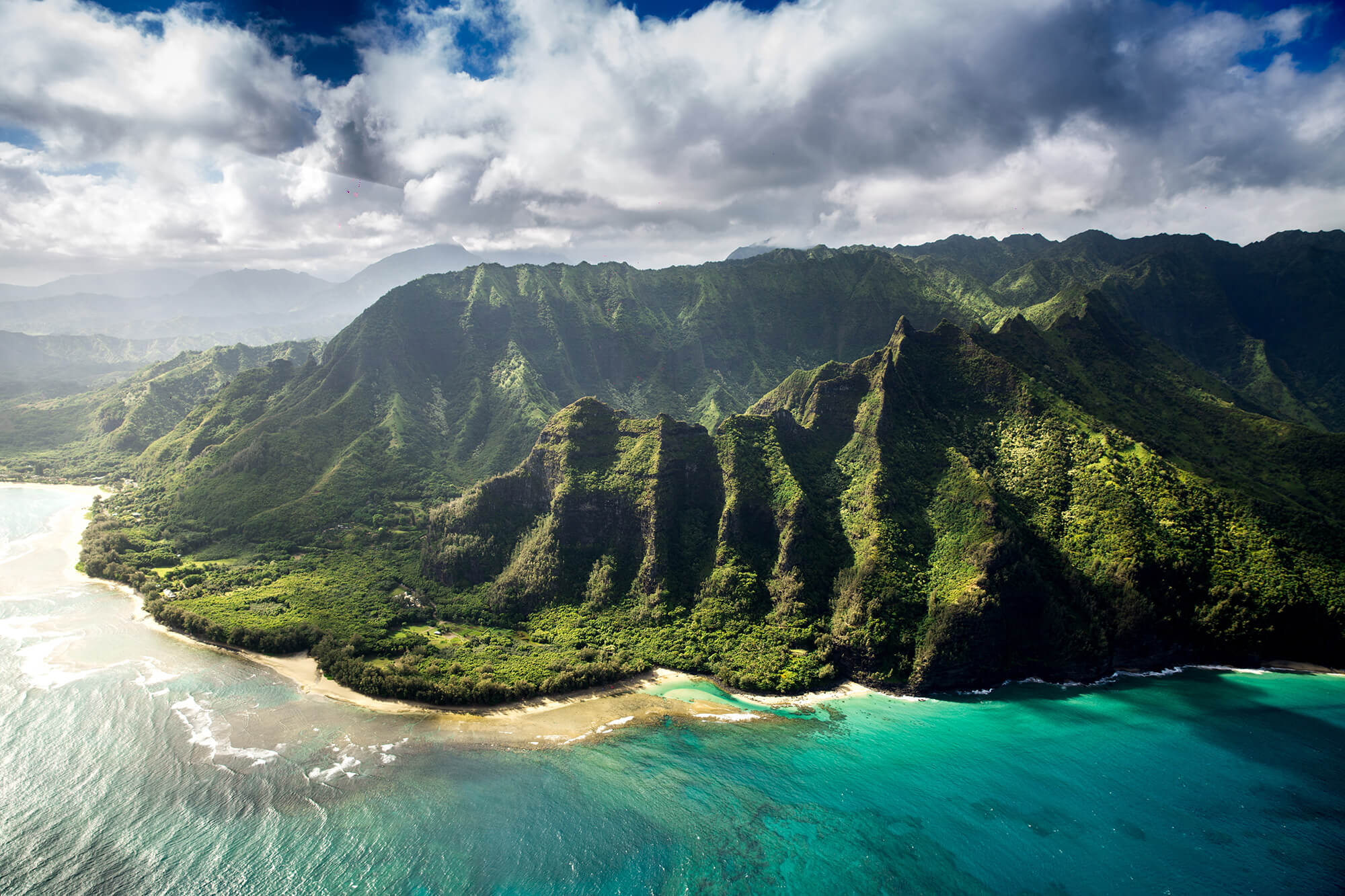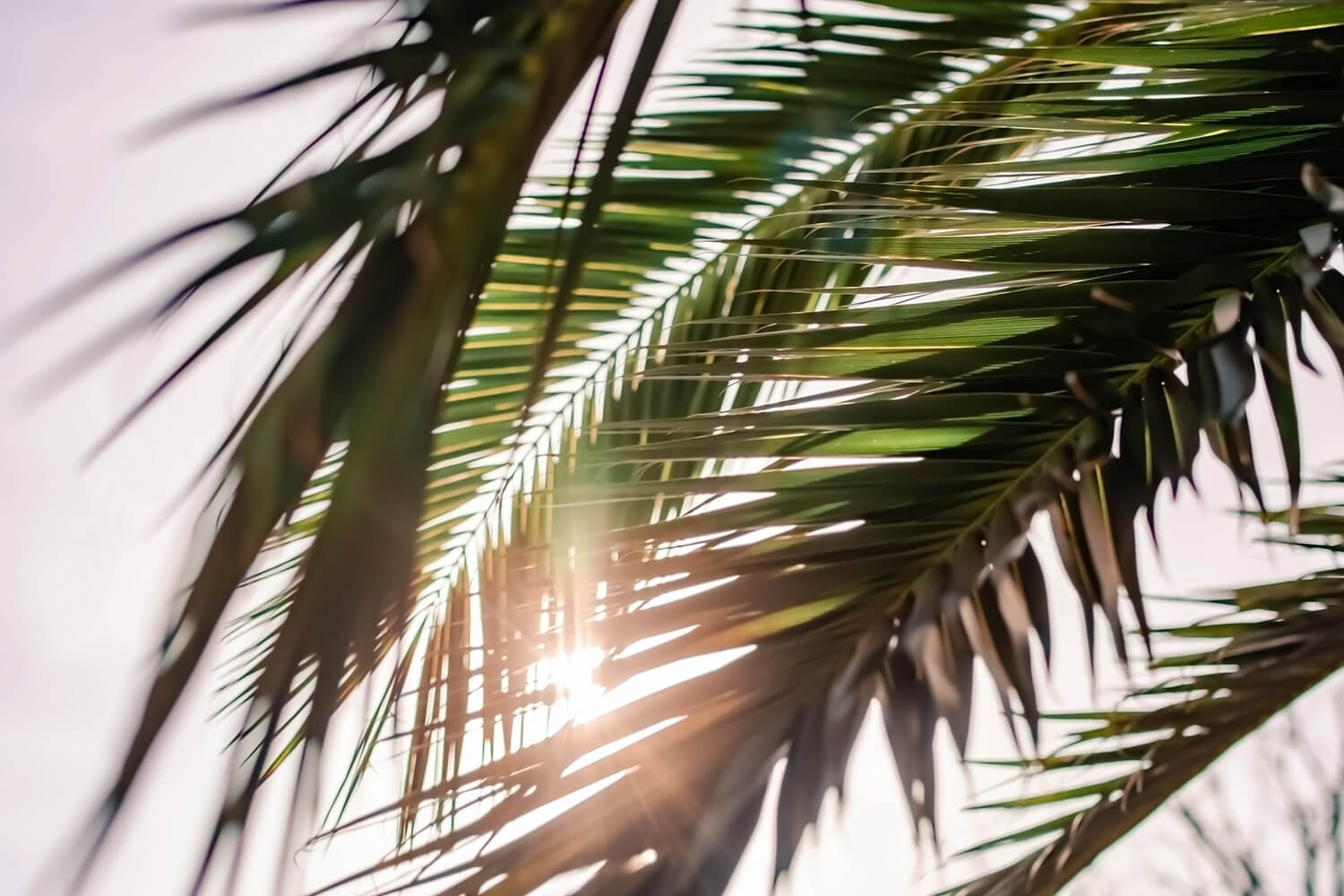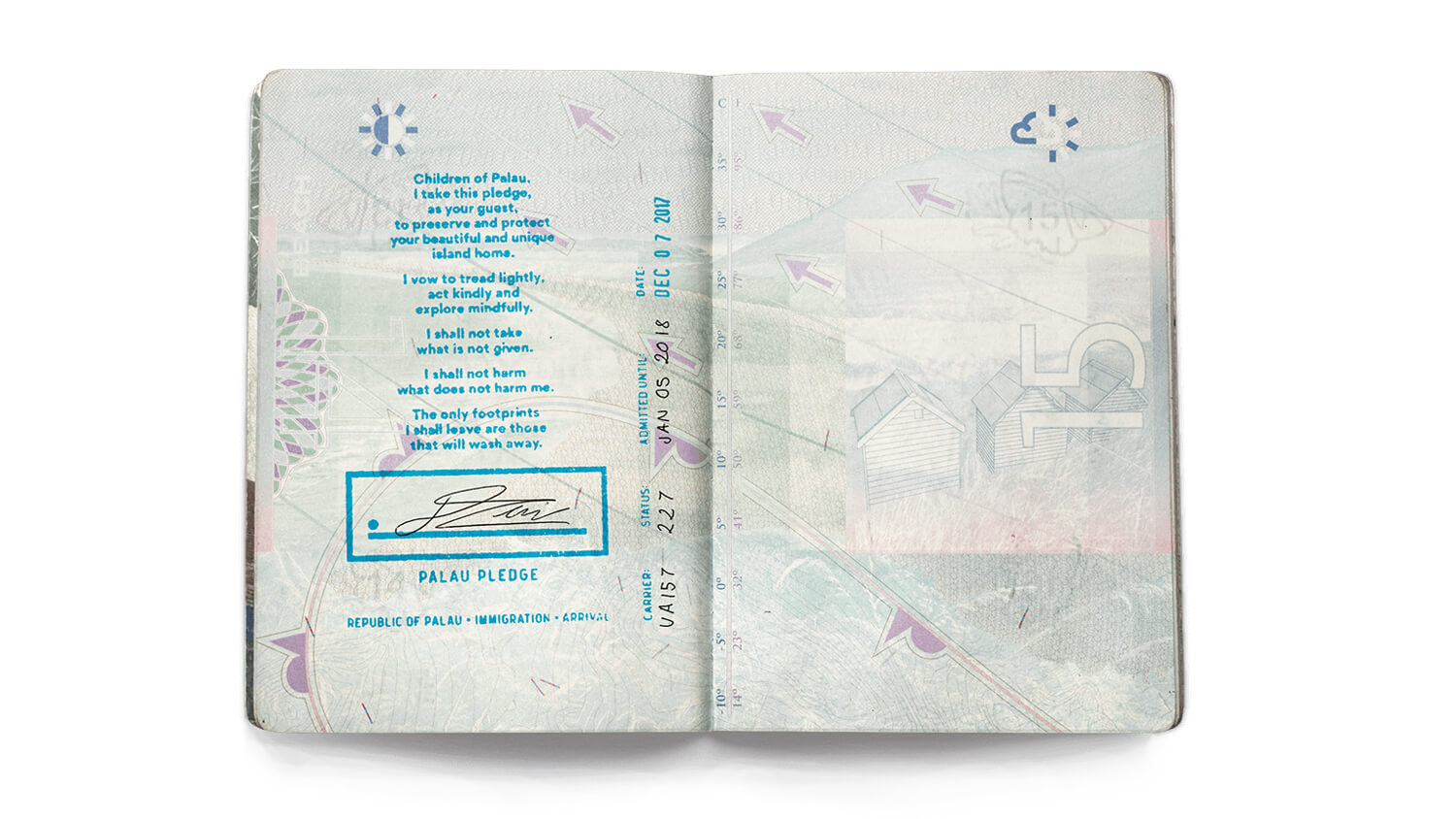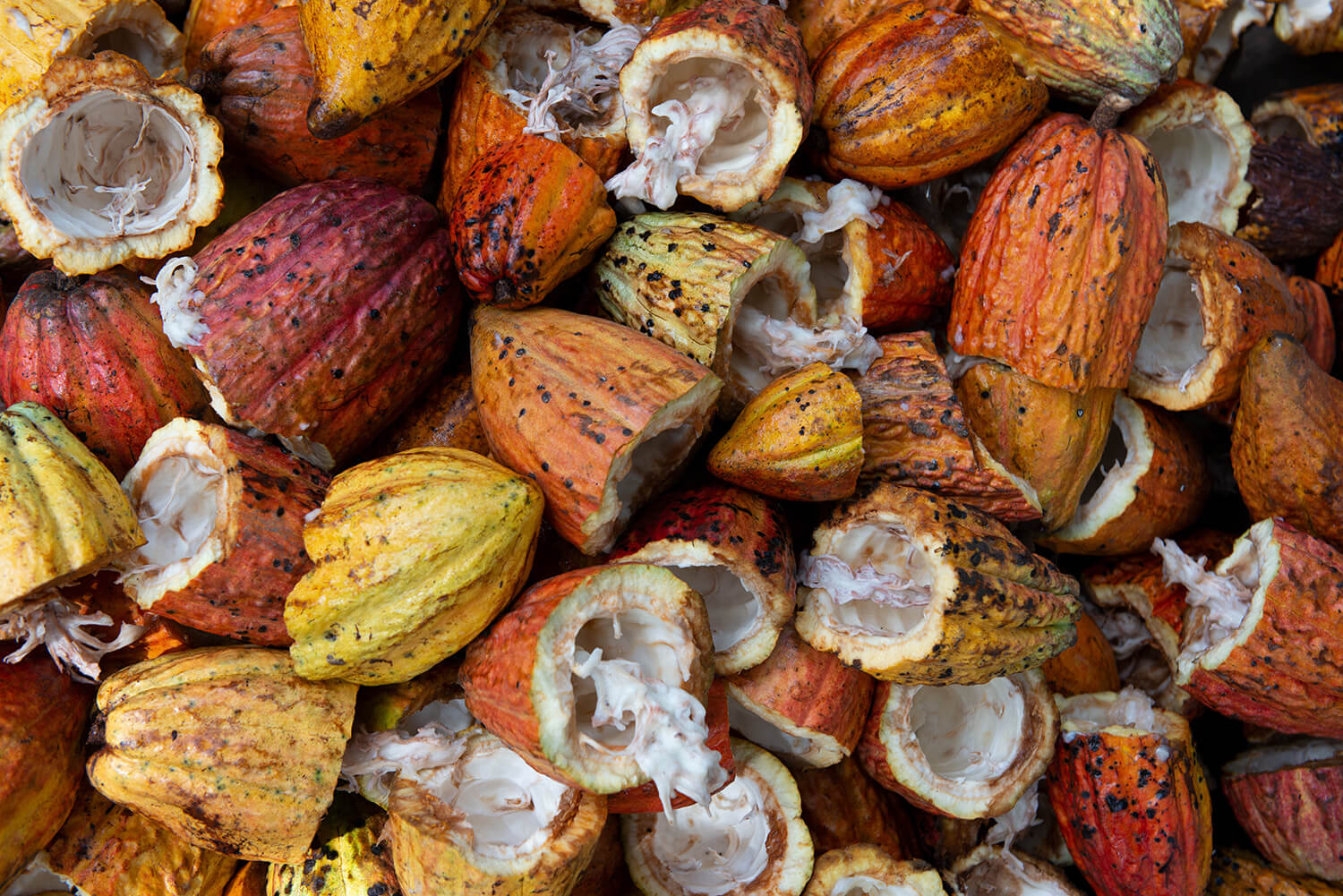Stories of commercial environmental advantages originating in Europe, America and Asia can be seen to dominate headlines in the green space, but if we look closer to home for solutions to environmental challenges we can find them.
Contributor James Araci identifies five sustainable advantages emerging from the Pacific and offers his thoughts on the connections and opportunities to grow New Zealand’s economy and businesses.
BioProducts: Global Algae Innovations – Hawaii
Climate pressures are driving investors to consider the potential of algae for other global challenges, like food and energy security.
Global Algae Innovations has developed a new harvesting platform to improve the production of fuel from algae. Algae could become a future biofuel for the Pacific, reducing the world’s reliance on fossil fuels. It grows 10-times more rapidly than terrestrial plants, and less than a tenth of the land is needed to produce an equivalent amount of biomass.
New Zealand’s Cawthron Institute is a world leader in algae research, and will be opening a purpose-built algae research facility this year. As Cawthron’s coastal and freshwater group manager Chris Cornelisen said earlier this year, “We’ve discovered the treasure chest of algae, but we’ve only just cracked the lid open.
BioProducts: Samoa Green Products – Samoa
Samoa Green Products has become first in the South Pacific to produce plates and utensils from palm leaves. The new company uses natural resources found in almost every backyard in Samoa to create their products, which are reusable.
Transitioning to a ‘circular economy’ (reuse rather than buy and throw) means no longer using packaging from non-renewable resources. New Zealand has deep expertise in producing tableware made from plants with Kiwi companies like Innocent Packaging standing to benefit from regional interest in alternatives to plastic for consumer goods.
Housing: The School of Music and the Arts – Rapa Nui, Easter Island
Opened in March 2019, the School of Music and the Arts was the first totally self-sustainable and ecological music school in Latin America as well as Oceania. The building uses Earthship Biotecture principles as a solution to many of the island’s environmental problems. This includes provision of solar panels to generate electricity, catching and storing large amounts of rainwater, and a system to clean up sewage. It used great quantities of waste in construction materials – some 2,500 tires and 40,000 tin cans.
Organisations like NZ Future Forest Products are creating opportunities to meet the growing regional demand for construction materials with reduced environmental impact. Kiwi company Avertana (previously featured in Pure Advantage as The Greenest White ) takes a different approach, producing drop-in replacements for raw materials already used by the construction industry. Avertana products include recovered gypsum for wallboards, displacing traditional sources using mining and chemical processing, with no difference in quality or performance but a substantially reduced environmental impact.
Biodiversity: Palau Pledge – Palau
Palau is the first nation worldwide to change its immigration laws for the cause of environmental protection. Upon entry, visitors need to sign a passport pledge to act in an ecologically responsible way on the island. Tourism makes up to 85% of the country’s GDP, so it is important to preserve the industry and needing to be more sustainable and respectful of the country’s biodiversity.
Other Pacific locations have followed Palau’s success, including New Zealand’s Tiaki Promise and Hawaii’s Pono Pledge. All three examples draw on Pacific culture to encourage more sustainable tourism behaviour.
BioDiversity: The Wellington Chocolate Factory – Fiji and New Zealand
The Wellington Chocolate Factory (WCF) produce the only certified organic chocolate made in New Zealand. The WCF use cacao beans from the South Pacific in their range, including the Fiji Chocolate bar. WCF strive to use certified organic ingredients wherever possible.
While there’s some debate about whether organic chocolate has less impact on the environment than conventional chocolate, organic cacao encourages agroforestry systems – which have been shown to increase biodiversity and reduce erosion – with minimal synthetic chemical inputs.
New Zealand businesses have deep connections and trading links throughout the Pacific and stand to benefit from this new wave of Pacific innovation. New Zealand businesses must look for opportunities to collaborate and build on these innovations and to ensure we are positioned at the forefront of the shift from a global economy based on extraction to one of regeneration.






Leave a comment